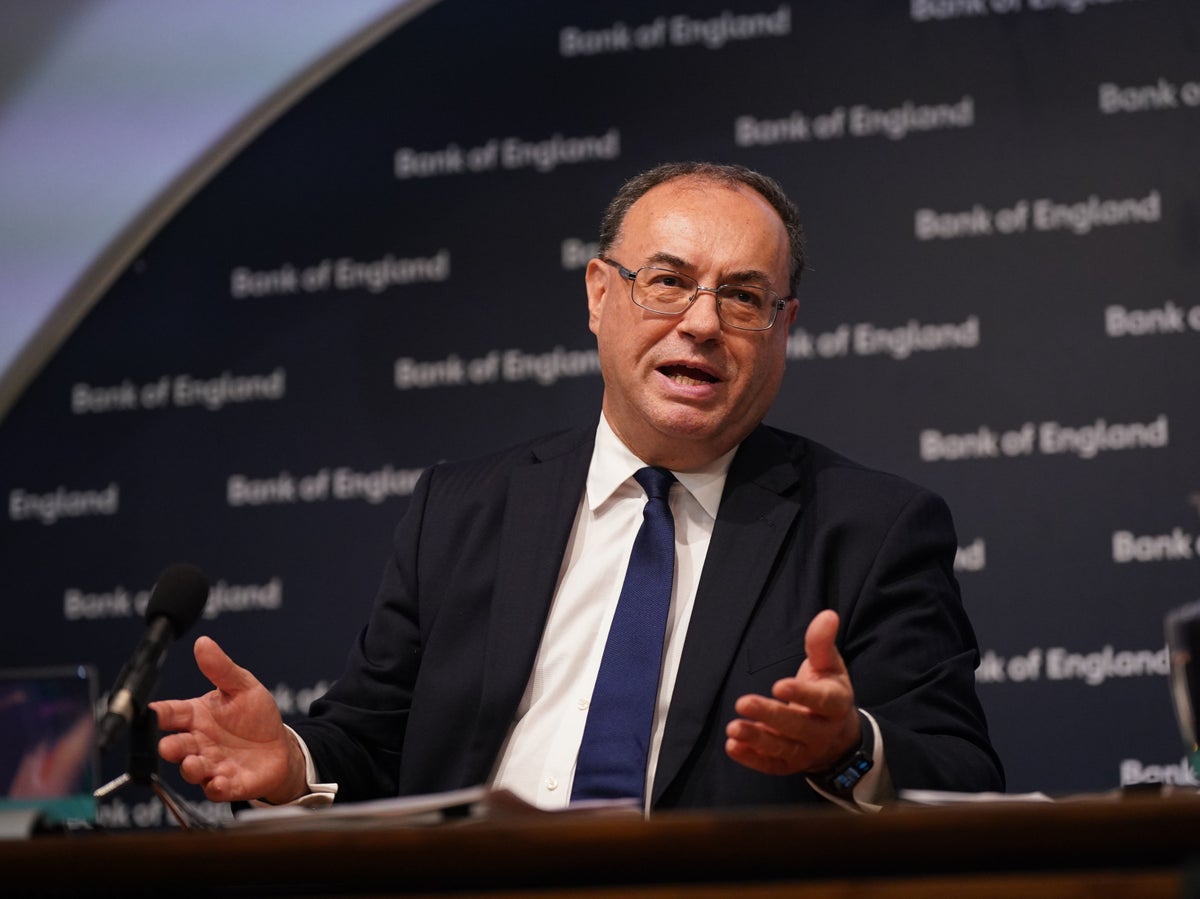The Bank of England faces more difficulties ahead
All central banks have a tough job at the moment, but we’d argue that the difficulties facing the Bank of England (BoE) are the greatest of all, and, unless it very successfully negotiates the path ahead, UK assets will stay in the firing line.

The difficulties facing the Bank of England (BoE) are the greatest of all. Photo. Bank of England governor Andrew Bailey
>> UK's inflation pressure and impacts on GBP
You could say that the number one enemy of central banks is inflation, and, if that’s correct, the BoE probably faces the biggest foe of any of the developed central banks. But if uncertainty takes your vote for the primary central bank enemy, then the BoE seems to face the toughest task here too. This is partly because there’s been a political vacuum over the past six weeks as the Conservatives sought a new leader and, now that one’s been chosen, the outlook for policy is turning on its head.
For no longer does new Prime Minister Truss oppose temporary aid to combat rising energy prices, as she appeared to do during the election campaign.Now the PM is said to be embracing a GBP100bn-plus fiscal bonanza to cap energy bills at existing levels.
As many economists argue, the "temporary" problem of extraordinarily high gas prices should be addressed with a temporary fix, such as the 18-month to 2-year price freeze the government now seems to be suggesting, not a permanent fix of tax cuts (although it has to be said that Truss may still cling to the idea of some tax cuts, which will inflate the budget deficit even more).
The poor old Bank of England is being wrong-footed by this volte-face. Take inflation, for instance. BoE forecasts of inflation rising to over 13%, largely due to presumed increases in gas bills, will now look wide of the mark, and even more so, the forecasts of some in the private sector who saw inflation up to 18–20%. Those levels look way off the mark in the short-term if gas bills are capped. But how does the bank respond? Does it go easier with rate hikes because inflation will be lower than previously thought, or are there offsets to this that suggest the Bank should not just press ahead but be even more aggressive?
>> Rising energy and food prices signal more pain for the UK
For instance, if a gas price standstill boosts household income expectations sufficiently to lift spending, it could add to the longer-term inflation outlook even if inflation is mathematically held down in the short-term by the freezing of gas prices.
Another issue to consider is that, if the bank is thought to be "going soft" on inflation because of the government’s gas bill intervention, it could undermine confidence in the pound and lift inflation that way. And we already know that confidence is pretty fragile given low levels of the pound against the dollar, the prospect of a much bigger budget deficit, the yawning current account deficit, not to mention political risks thrown up by the change in PM, such as a hardening of the UK’s stance over the hated Northern Ireland protocol.
In short, it could be precisely the wrong time to ease off from the tough rate-hike decisions that are needed right now. With this in mind, Mr. Steve Barrow, Head of Standard Bank G10 Strategy is not changing its assumptions about where base rates are likely to go over the coming six months, or so, which is to 3%; a level that’s higher than the 2.5% peak according to the median forecast of the 40-or-so analysts in the regular Bloomberg poll.
Could this more aggressive view on base rates salvage the bank’s reputation and provoke a stronger pound in the process? Mr. Steve Barrow said it would not be. For one thing, he remains concerned that the market pricing of base rates is so much higher than the forecasts made by analysts. The Overnight Interest Swap (OIS) market puts the base rate peak at 4.5%, or 2% more than the median forecast. This suggests that even if base rates rise to a 3-handle, they could still fall short of what the market believes is necessary to quell the inflation threat. And, if that’s the case, the pound would still seem to face more difficulties ahead even if sterling/dollar is already close to the lowest levels seen since the mid-1980s.








